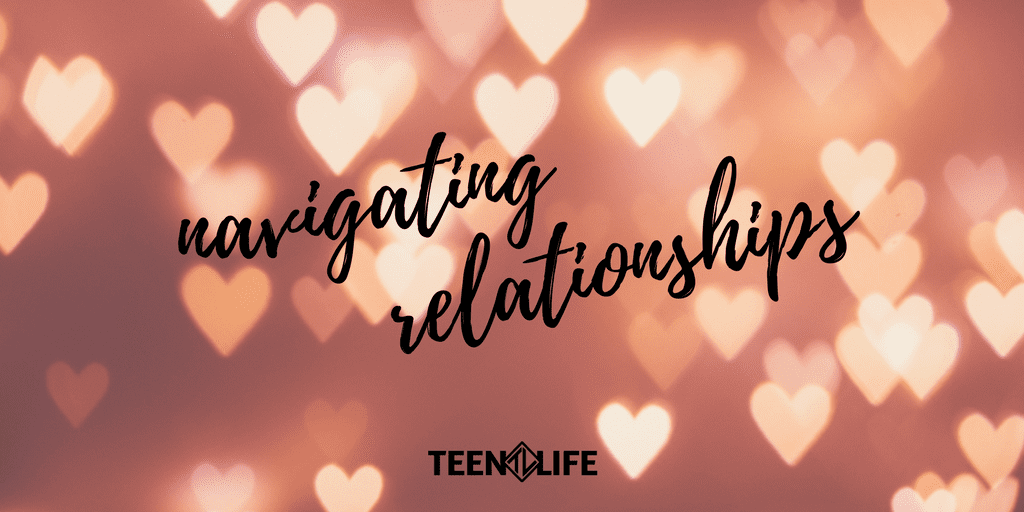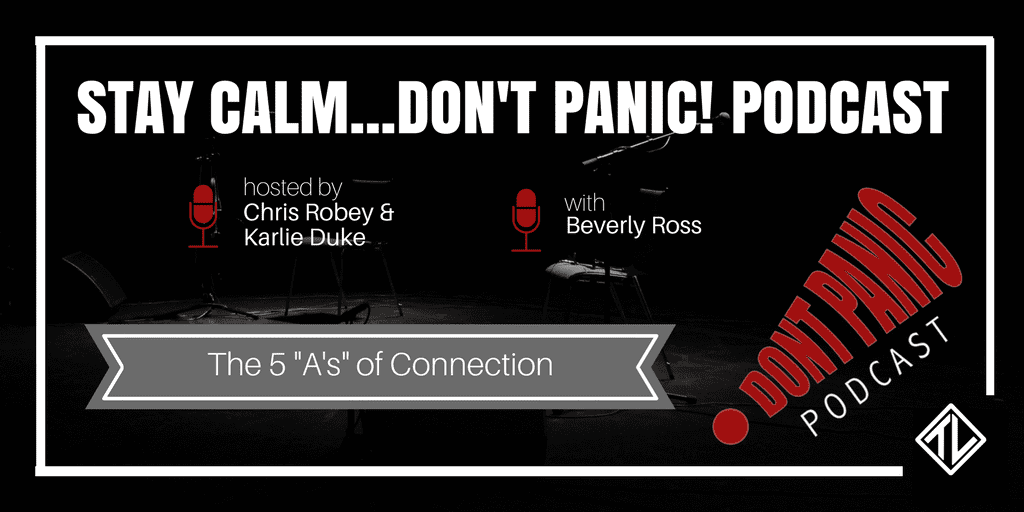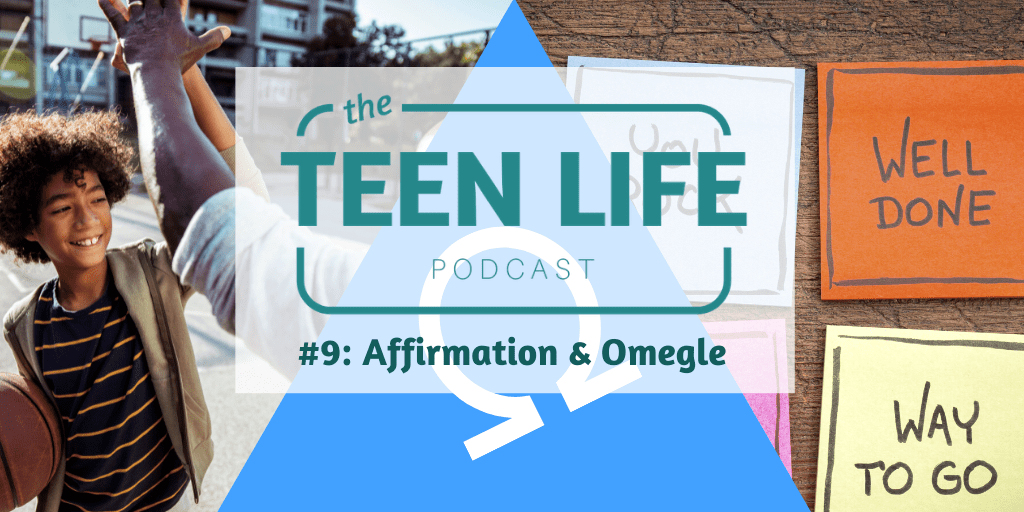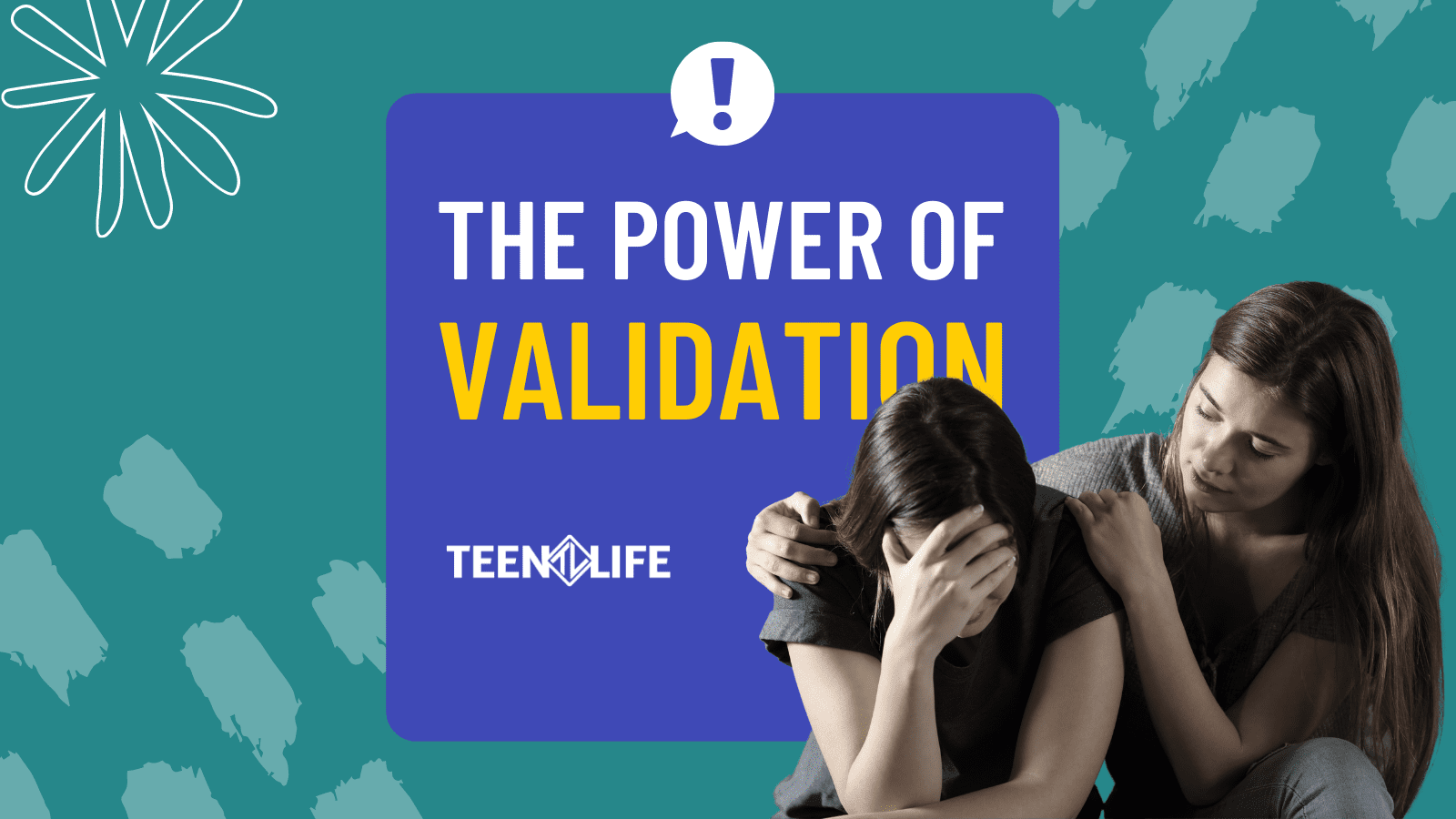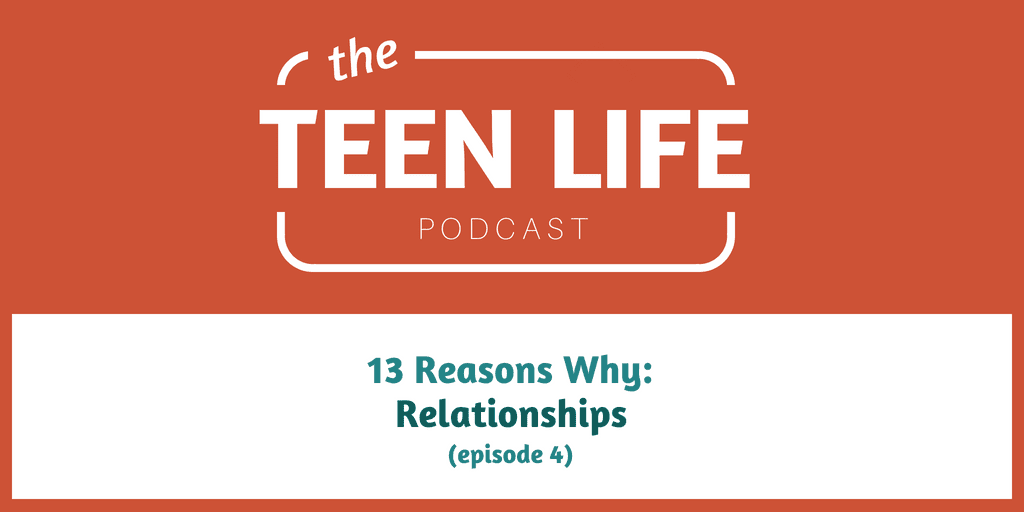
13 Reasons Why: Relationships
Podcast: Play in new window | Download
In this episode of the Teen Life Podcast’s series on the Netflix show 13 Reasons Why, the Teen Life staff is talking about teen relationships. Relationships are a critical part of a teenager’s life, and for this episode, we are focusing on romantic and friendship relationships between the characters in 13 Reasons Why.
The Teen Life Podcast wants to shine a light on the different relationships teenagers might experience and offer some insight into the importance of healthy relationships. In this episode, we are talking about love triangles, loss of virginity, dating relationships, friendships, and isolation vs. community.
Is your teenager trying to navigate new relationships? Are you unsure of what they are going through? Join our conversation about teen relationships and share this with a friend who could also benefit!

- Netflix Series: 13 Reasons Why and Beyond the Reasons
- Book: Thirteen Reasons Why
- Website: 13 Reasons Why Resources
- Suicide Resources:
- National Suicide Crisis Line: 1-800-273-8255
- Crisis Text Line: Text HOME to 741741
- Website: teenlifepodcast.com
- Music: Under the Chandeliers

Karlie Duke
Communications Director

Chris Robey
Former CEO

Beth Nichols
Social Worker, LCSW, Case Management
Karlie Duke | Director of Communications
Karlie has always had a heart for teenagers. Through her role at Teen Life, she loves to showcase the amazing stories coming out of Support Groups, but she is especially passionate about helping adults and teenagers find connection. Karlie has a BS in Communications with a minor in Family Studies from Abilene Christian University.
Chris Robey | Former CEO
Chris has spent most of his career empowering teenagers from all backgrounds. As the former leader of Teen Life, he is passionate about helping students make good choices while also giving adults the tools they need to communicate more effectively with teens. Chris is a graduate of Midwestern State University and holds a Master’s Degree in Family Life Education from Lubbock Christian University.
Beth Nichols | Social Worker, LCSW, Case Management
Beth Nichols graduated in 2003 with a degree in Social Work from Abilene Christian University. She completed her Masters Degree, also in Social Work, from the University of Tennessee in 2004. She believes teens are learning to navigate the world in a unique way, and loves having the opportunity to work with students and their families.









